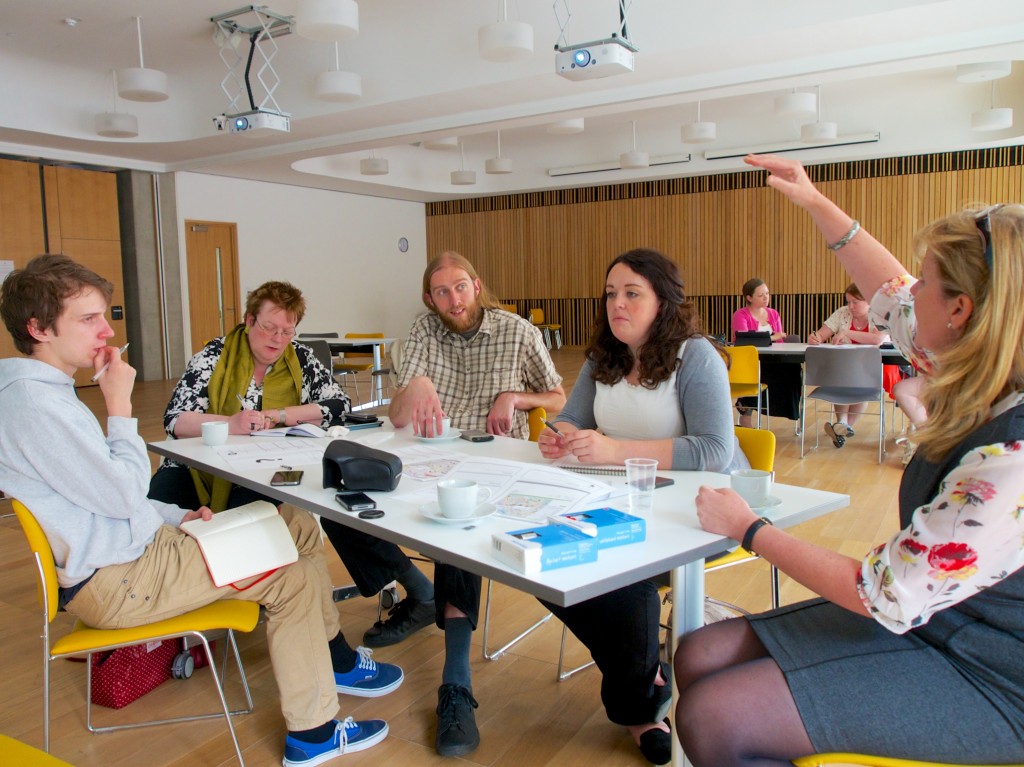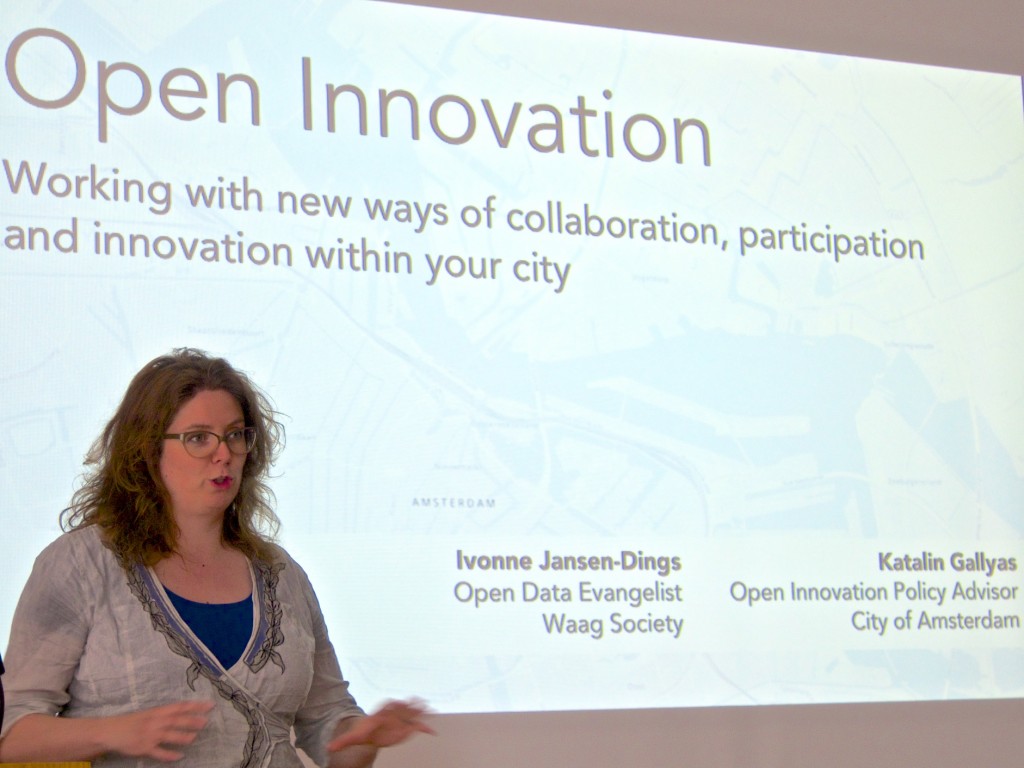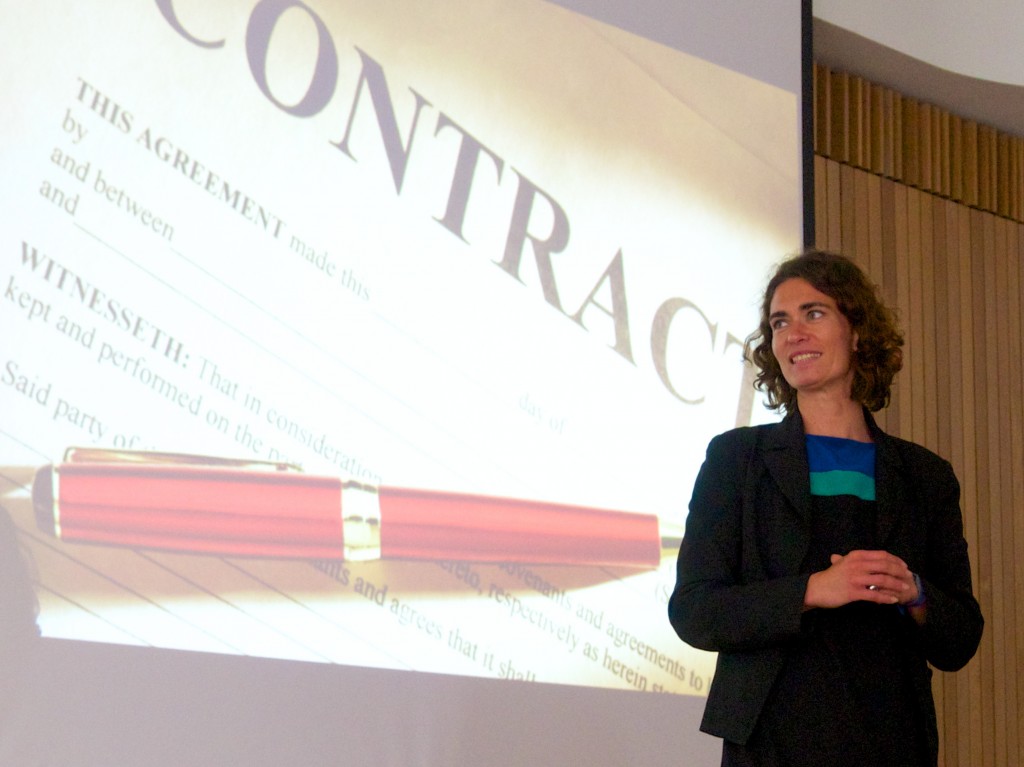It was a privilege to meet Ivonne Jansen-Dings, Open Data Evangelist with Waag Society and Katalin Gallyas, Open Innovation Policy Advisor from City of Amsterdam at a recent meeting hosted by Nesta in Edinburgh. The purpose of their visit was to tell us about all the great things Amsterdam has achieved by opening up data for creative re-use. The meeting started with a joint presentation by Ivonne and Katalin, and then segued into a number of small group exercises around the availability and use of open data.
Some key points from the presentation (which can be found here) were:
<
ul>
We are all facing shrinking budgets and growing demands. Demand is increased because of the existence of web and social media which citizens are increasingly using and through which people are increasingly expecting immediate responses from their public services. Embracing digital and all its possibilities can help public services cope with demand and help give citizens the responses and services they now expect.
Seizing on Joy’s Law, a decision was made to tap into the cognitive surplus in the city. Opening data a little bit at a time, gathering feedback about the data and then opening up more of it allowed competitions, meetups, workshops and hack events to be organised, resulting in over 100 events over the last three years. There are over 150 city datasets currently open.
Some of the outputs achieved in Amsterdam:
-
API access to several real-time datasets like bus and tram information to help identify traffic jams and road use.
-
An API offered up by Rijksmuseum resulted in a number of apps being developed.
-
The city opening up data about gritting routes allowed the public to help them identify roads that were unnecessarily being salted twice.
-
A parking API was created by citizens with ongoing support managed by the community, not the Council.
-
An app created by an open water organisation monitors real-time data to show how the city’s canals are being used.
Publishing city data on an open basis had the beneficial effect that the data could be cross-checked and verified at both city and national levels. But mashing traditional public sector ways of working with the general community and tech community can be difficult, since one party tends toward the bureaucratic and the other toward agile working — or at least accomplishing things in a timely manner. Challenges that had to be overcome included outdated procurement practices and a risk-averse, top-down approach to problems in the city government.
Adopting an open data policy can also throw up serious issues of confidential or sensitive information and this has been a challenge for Amsterdam in how, for example, police and social workers can share data and information for greater joint working.
We learned about some fantastic European initiatives and initiatives inside Amsterdam that are going some way to push the practice behind the open data agenda. Here are some of the things the municipal government of Amsterdam is supporting (some of which are European initiatives that UK organisations could take part in):
-
accelerators Rockstart and Startup Bootcamp;
-
the City Service Development Kit, which is ‘creating a toolkit for the development of digital services within cities’;
-
Open Cities crowdsourcing pilots/opportunities;
-
Apps for Europe — a ‘support network that provides tools to transform ideas for data based apps into viable businesses’; an
-
Code for Europe — developers are let loose inside government to develop apps for social good.

Flexing creative muscle in a workshop to think of a new product that could be developed from open government data
Although there are a lot of good programmes to tap into, Ivonne and Katalin emphasised that EU funding and using innovation models (competitions, change agents and incubators) have been crucial to the success of their innovation programmes using open data.
Their extremely useful tips for policy making in the open data and innovation atmosphere are at the end of their slide presentation and are a must read for anyone looking into public sector open data.


